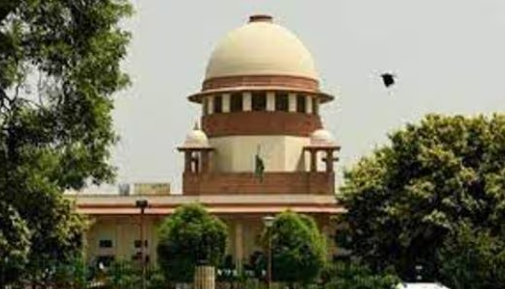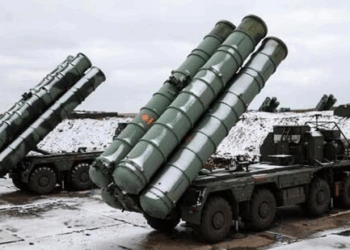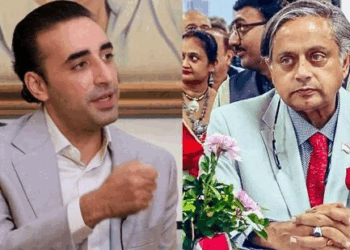In a landmark ruling, the Supreme Court of India has reaffirmed that the principle of granting bail should be the norm rather than the exception, even in cases prosecuted under the Unlawful Activities (Prevention) Act (UAPA). The court emphasized that the stringent provisions of UAPA, which are designed to combat terrorism and other serious offences, should not override the fundamental rights of the accused, particularly the right to personal liberty.
The judgment comes as a significant relief to many individuals who have been languishing in jail without trial under UAPA charges, some for years. The court stressed that while national security and the prevention of terrorism are paramount, these concerns should not be used to justify indefinite detention without trial.
The bench, led by Chief Justice of India D.Y. Chandrachud, stated that the courts must ensure that the State does not use the UAPA to suppress dissent or as a tool for political persecution. The judgment highlighted that the basic principle of criminal law, where bail is the rule and jail is the exception, should be upheld, regardless of the nature of the charges.
The Supreme Court’s decision is expected to have a far-reaching impact on how lower courts handle bail applications under UAPA. Legal experts believe that this ruling could lead to a re-evaluation of numerous cases where bail was denied under the pretext of national security concerns, despite the absence of concrete evidence linking the accused to the alleged offences.
This ruling reiterates the importance of balancing state security with individual freedoms, reminding the judiciary of its duty to protect citizens’ constitutional rights. As the country continues to grapple with issues of terrorism and internal security, this judgment stands as a beacon of hope for those advocating for civil liberties and justice.








 India
India












